Like all things French, getting naked on its beaches is a controlled, civilized affair that is governed by some rules that are pretty simple as long as you know them.
After all, how can you tell where its OK and where its a crime to go the full monty?
To keep you from getting hauled off to jail or getting yelled at by beachgoers The Local has gathered together some essential things to know before you bare it all on the beach.
There are also some practical tips in here to help you avoid the worst sunburn you’ve ever had.
Topless:

Though it’s OK for women to be topless on most French public beaches, it’s not accepted everywhere. Touristy spots along the Riviera and Atlantic coast are good bets. It's also worth noting that for reasons ranging from skin cancer to creepy guys, French women are increasingly keeping their tops on. Accordingly it’s a good idea to check out the rules at public beaches and ask the locals what is acceptable.
Bottomless:


Dropping your drawers isn’t subject to the same laissez-faire rules as topless bathing. French law neither bans nor allows full public nudity, but it is accepted on certain stretches of isolated public sand and on designated nudist beaches or colonies like the famous Cap d'Agde in the south of France. So please don’t slip your shorts or skirts off in the midst of the beach crowd just because you’re in France. Look for the signs, like the one above.
Be polite:

The sight of unclothed flesh on the beach can be a bit of an eye-catcher for the uninitiated, but it’s bad form to take photos without asking first, stare or point. It sounds like common sense, but to many foreign visitors, especially from the UK or the United States, attractive people in public without much (or any) clothing can be something of a novelty. Also for the gentleman 'sans culottes' who find themselves a bit too excited by the spectacle, please consider covering up or going for a swim, or you could land yourself in trouble.
Not mandatory to take clothes off:

At the vast majority of French beaches clothing is mandatory, though topless women bathers are generally tolerated too. And if you end up on a designated nudist beach it is OK to keep your clothes on, though there are some high-profile exceptions like the so-called ‘naked city’ naturist colony in Cape d’Agde in south-western France. There they'll tell you you have to get naked on the beach.
Naked hiking:

Some nudists in France enjoy straying from the beach to go for a scenic walk. While there is no law forcing you to keep your clothes on while on footpaths, several naturists have been fined in the past. French nudist group Apnel told The Local anyone wanting to go for a naked hike, should “keep a low profile” and be prepared to put clothes when they come into contact with people, to “avoid any confrontation”.
Sunscreen:

Whether you’re just dropping your top or going for the full monty, some tender parts of your anatomy, which aren’t used to so much sunlight, are going to get a hefty dose of ultraviolet rays. This might sound obvious, put please don’t forget to dump on the sun cream. If you think a sunburned back hurts, just wait and see how unpleasant too much daylight is on your more sensitive areas. And be warned, “cooler” parts of the country like Brittany where beaches might be covered in cloud or hit be strong winds can be deceptive. The sun can be just as cruel in the north west as it can be on the Riviera, if not worse.
Speedos/skimps/tight trunks

At public swimming pools men are obligated to wear this type of skin-tight bathing suit as well as a bathing cap. The idea is apparently to keep the water cleaner. Yet plenty of Frenchmen don’t shy away from the old budgie smuggler suit once they hit the shore. Standard-issue swimming trunks are fine too though.
Paris plages:

There is at least one beach in France where no nudity of any kind is OK, and interestingly enough it’s in Paris. Going without a top for the ladies or without bottoms for both sexes could lead to a €38 fine at the capital’s month-long Paris Plages beach festival. Thongs or G-string-type bottoms are also against the rules. The nudity prohibition stands for city parks as well and the new temporary outdoor swimming at the Bassin de la Villette. Although things could soon change in the French capital.

Kids:
 (Photo: LJU Photo)
(Photo: LJU Photo)
Young kids (six or so) can be totally naked on pretty much any French beach and no one will mind. In fact a kid walking around in the saggy, waterlogged nappy (diaper) might be the one who gets more disapproving looks.
Cover up:

Just because it’s OK to be topless at some French beaches doesn’t mean you can strut around anywhere ‘au naturel’. In fact it’s even considered bad form to stroll off the beach and into town in your swimming suit. So it’s good idea to cover up whenever you leave the sand.
A version of this article was first published in 2014

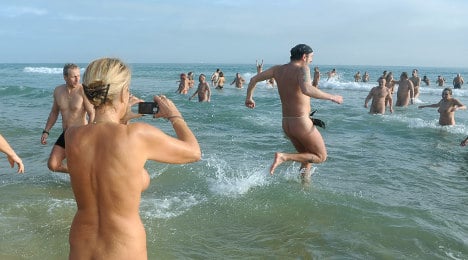
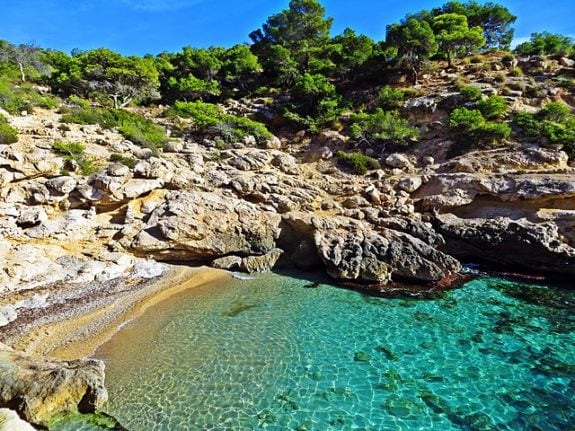
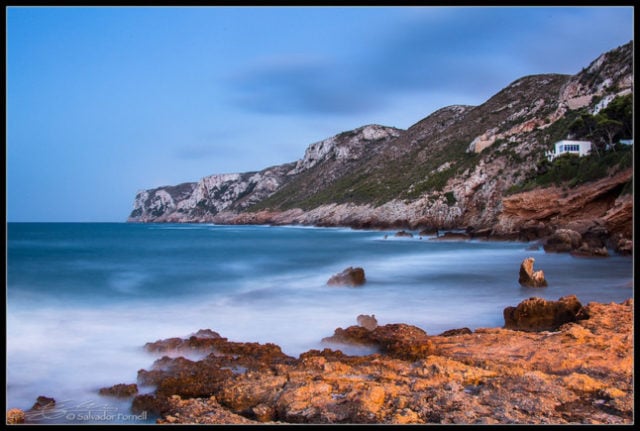
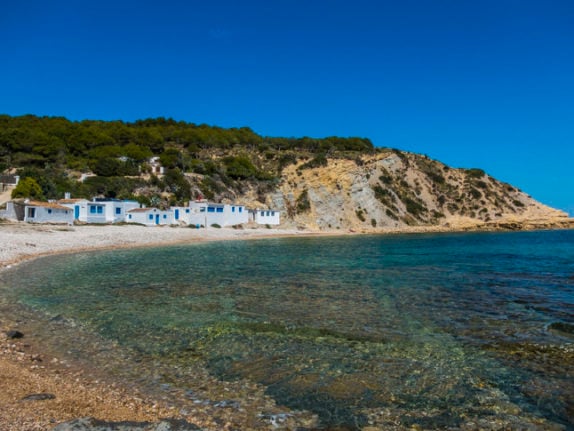
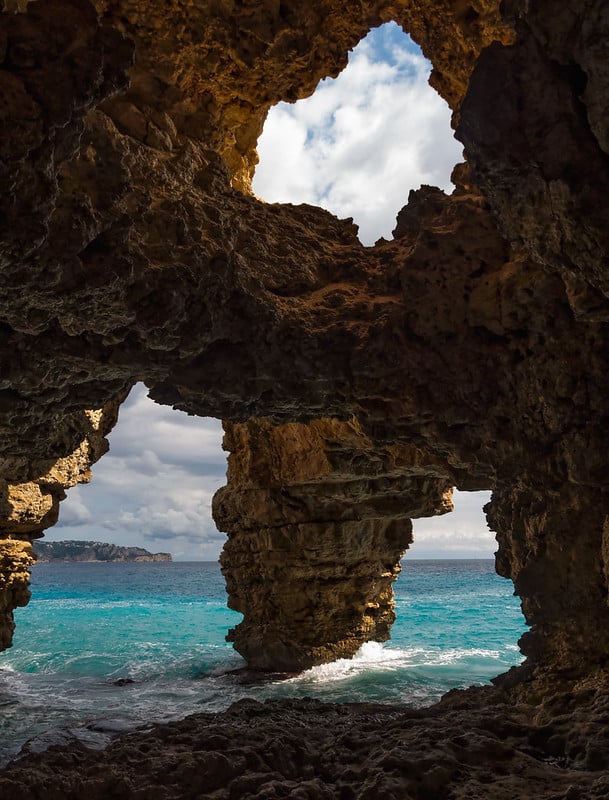
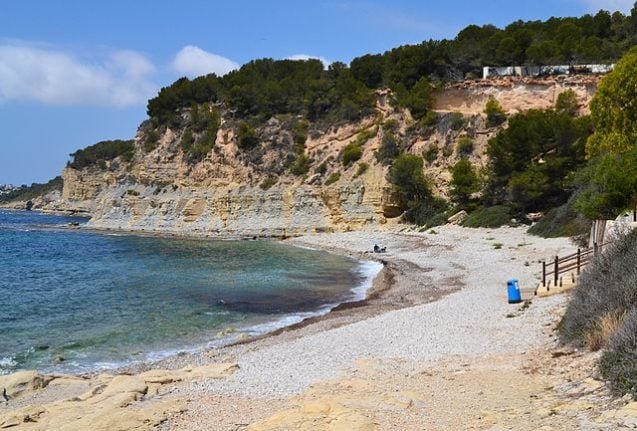
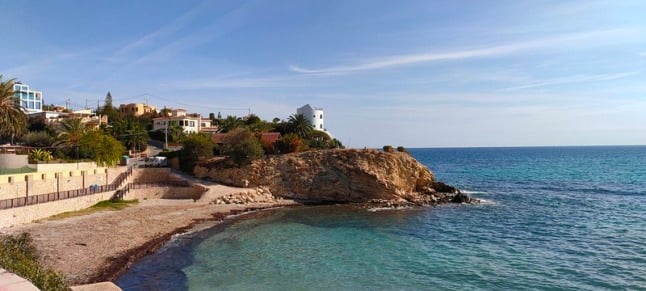
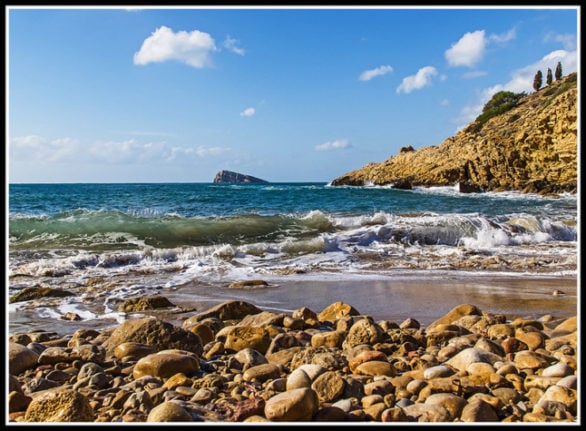
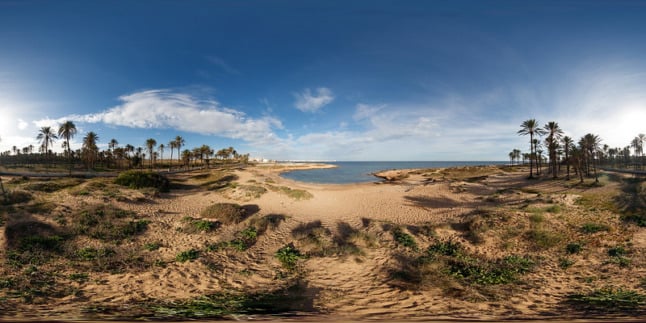
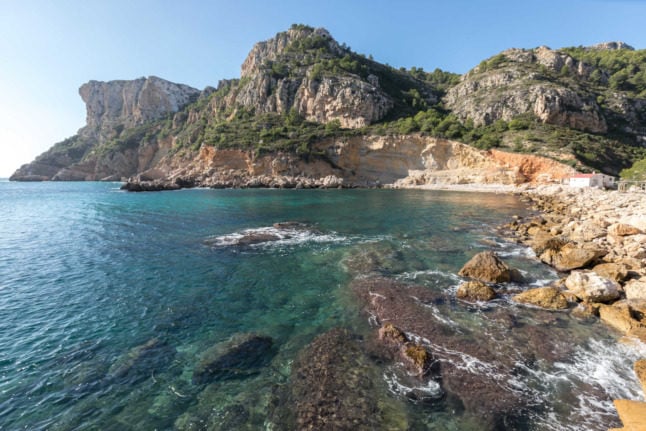
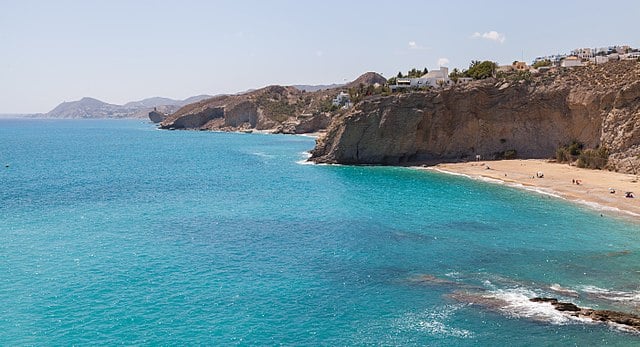

 Please whitelist us to continue reading.
Please whitelist us to continue reading.